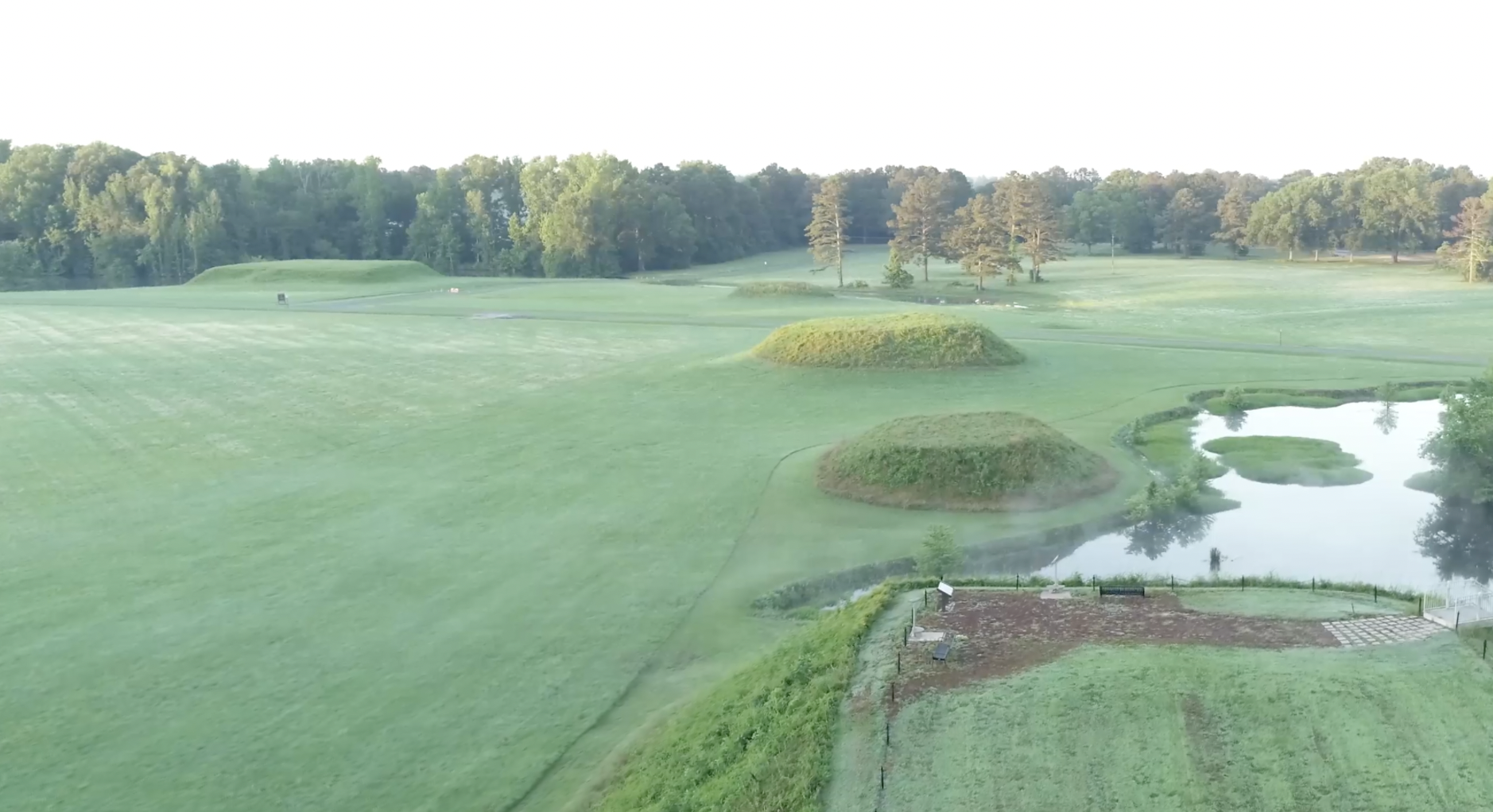
- Details
- By Jenna Kunze
Earlier this month, a federal committee determined that at least 5,892 human remains held in The University of Alabama’s museums collection are culturally linked to seven present day Muskogean-speaking tribes located throughout Alabama, Oklahoma, Louisiana, and Florida.
That determination—called “cultural affiliation” under the Native American Graves Protection and Repatriation Act (NAGPRA)—means that the tribes that have been attempting to reclaim their ancestors and their corresponding artifacts for over a decade are finally backed by the law. The University of Alabama had previously considered the remains and artifacts “unaffiliated.”
Want more Native News? Get the free daily newsletter today.
Under NAGPRA, once human remains or objects are culturally affiliated, the institution must file a federal Notice of Inventory Completion to enable other tribes to determine their interest in claiming them. If there’s no additional claims by another tribe after 30 days, an institution can move ahead with a Notice of Intent to Repatriate and move forward with returning the remains and/or objects.
In response to the Nov. 24 ‘cultural affiliation’ determination, the University of Alabama sent a four page letter to the seven tribes, dated Dec. 4.
In it, University Executive Vice President James Dalton wrote about the university’s role as the Moundville sites’ “official steward… devoting millions to its preservation” and assured tribal members of the university’s commitment to educate the public on the site, exemplified in the invitation to “dozens of Native American performers, artists, storytellers, and other cultural bearers” to campus each year.
Help us tell Native stories that get overlooked by other media.
Logistically, the Vice President laid out a timeline for consultation with the tribes, and imposed a Dec. 22 deadline for the University to draft a Notice of Inventory Completion. That deadline was met yesterday, when the University sent the seven tribes a draft Notice of Inventory Completion for their review.
“In the course of the consultations, the University will work to identify with your tribes the specific human remains and funerary objects at issue (as you know, the Moundville facility serves as a repository for anthropological and archaeological materials from throughout Alabama and beyond),” the letter reads.
In a three page response on behalf of all seven claimant tribes on Dec. 16, the tribes proposed a Jan. 7 teleconference to discuss the repatriation, and asked that the university remain focused on the claim at hand. The director at the museum’s Office of Archaeological Research, Matthew Gage, agreed to that date in an email to the tribes yesterday, setting a four hour meeting time frame.
“The December 3rd letter also noted the university’s efforts to celebrate Native American culture,” the tribes wrote. “While we appreciate those efforts, we would like to stay focused, for the time present, on the repatriation request made directly by the claimant tribes for ancestors and funerary objects from Moundville. Other topics or formal consultation may be addressed separately.”
The tribes also laid out three items they intend to accomplish in their next meeting with the university: discuss the Draft Notice of Inventory Completion and a timeline; set up logistics for the physical return of all human remains and sacred objects from Moundville and associated funerary sites in Tuscaloosa County and Hale Country controlled by the University; and propose a date for completion of physical transfer of control.
“Thank you for steps toward compliance,” the tribe signed off. The next step, according to the letter, will come with the University's follow through.
More Stories Like This
Navajo Council Committees Tackle Grazing Enforcement, Code RevisionsU.S. Must Fulfill Obligations by Protecting Programs
50 Years of Self-Determination: How a Landmark Act Empowered Tribal Sovereignty and Transformed Federal-Tribal Relations
Trump Veto Stalls Effort to Expand Miccosukee Tribal Lands
Oneida Nation Responds to Discovery Its Subsidiary Was Awarded $6 Million ICE Contracts
Help us defend tribal sovereignty.
At Native News Online, our mission is rooted in telling the stories that strengthen sovereignty and uplift Indigenous voices — not just at year’s end, but every single day.
Because of your generosity last year, we were able to keep our reporters on the ground in tribal communities, at national gatherings and in the halls of Congress — covering the issues that matter most to Indian Country: sovereignty, culture, education, health and economic opportunity.
That support sustained us through a tough year in 2025. Now, as we look to the year ahead, we need your help right now to ensure warrior journalism remains strong — reporting that defends tribal sovereignty, amplifies Native truth, and holds power accountable.
 The stakes couldn't be higher. Your support keeps Native voices heard, Native stories told and Native sovereignty defended.
The stakes couldn't be higher. Your support keeps Native voices heard, Native stories told and Native sovereignty defended.
Stand with Warrior Journalism today.
Levi Rickert (Potawatomi), Editor & Publisher

